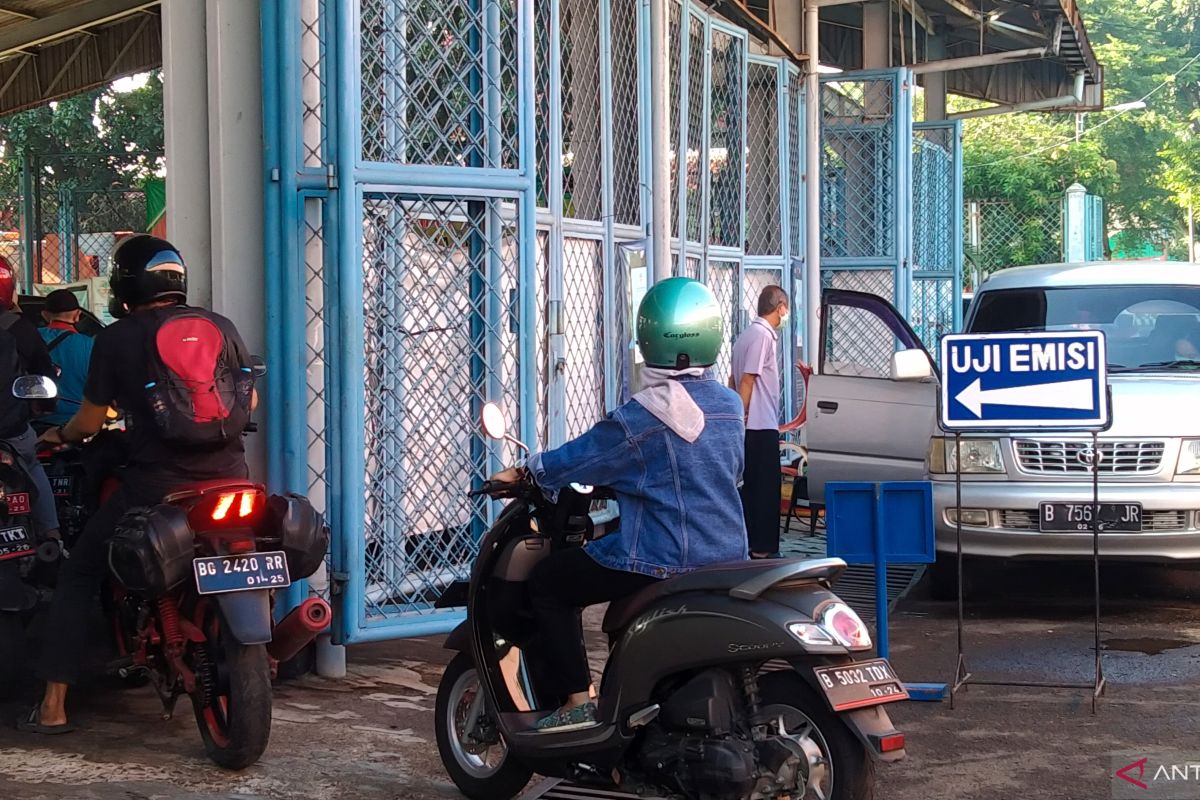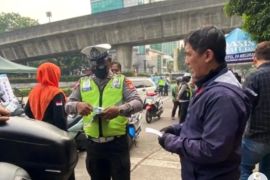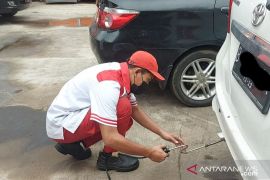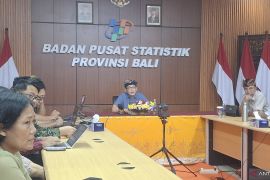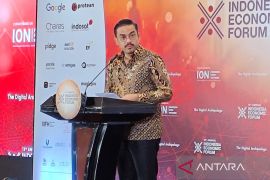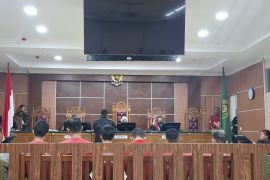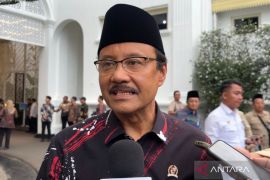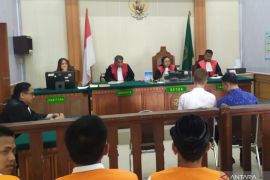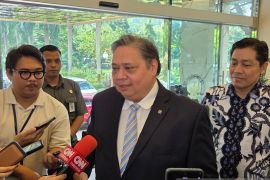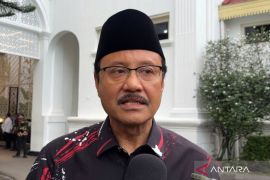"We are currently calculating (the amount) of the number (the tax) is," Ministry’s Director of Air Pollution Control Luckmi Purwandari remarked during a public discussion here on Tuesday.
Purwandari explained that the ministry is currently contemplating on regulations related to the imposition of additional environmental pollution taxes on motor vehicles that exceed the emission standards during an emission test.
The plan is that the additional tax will be imposed after the regulation is completed, she remarked.
According to Purwandari, Ministerial Regulation No. 20 of 2017 stipulates that newly produced four-wheeled motor vehicles must meet the Euro 4 emission standards.
To this end, the government has tightened emission quality standards for vehicles that had been operating for a long time.
Thus, apart from increasing the price of subsidized fuel oil, efforts to reduce air pollution are being made in various ways in order to influence private vehicle users to opt for public transportation.
Meanwhile, Purwandari pointed to a decrease in air pollution after the policy of increasing subsidized fuel prices.
The decrease in the Air Pollution Index was based on measurements at five stations owned by the Jakarta Environment Office and the Ministry, she noted.
However, she did not divulge details on the percentage of air quality improvement after the subsidized fuel price hike.
"We have prepared the data, and the trend (air pollution) is decreasing. We just have not calculated what the percentage of the decline is, but it seems that the trend shows that the air quality is improving,” she stated.
In 2023, it is planned that the emission test will be the basis for the imposition of the motor vehicle tax rate.
Related news: Carbon tax bolsters efforts to lower GHG emissions: BRIN
Related news: Low carbon emission policy to be issued on August 30
Translator: Dewa W, Kenzu
Editor: Rahmad Nasution
Copyright © ANTARA 2022
